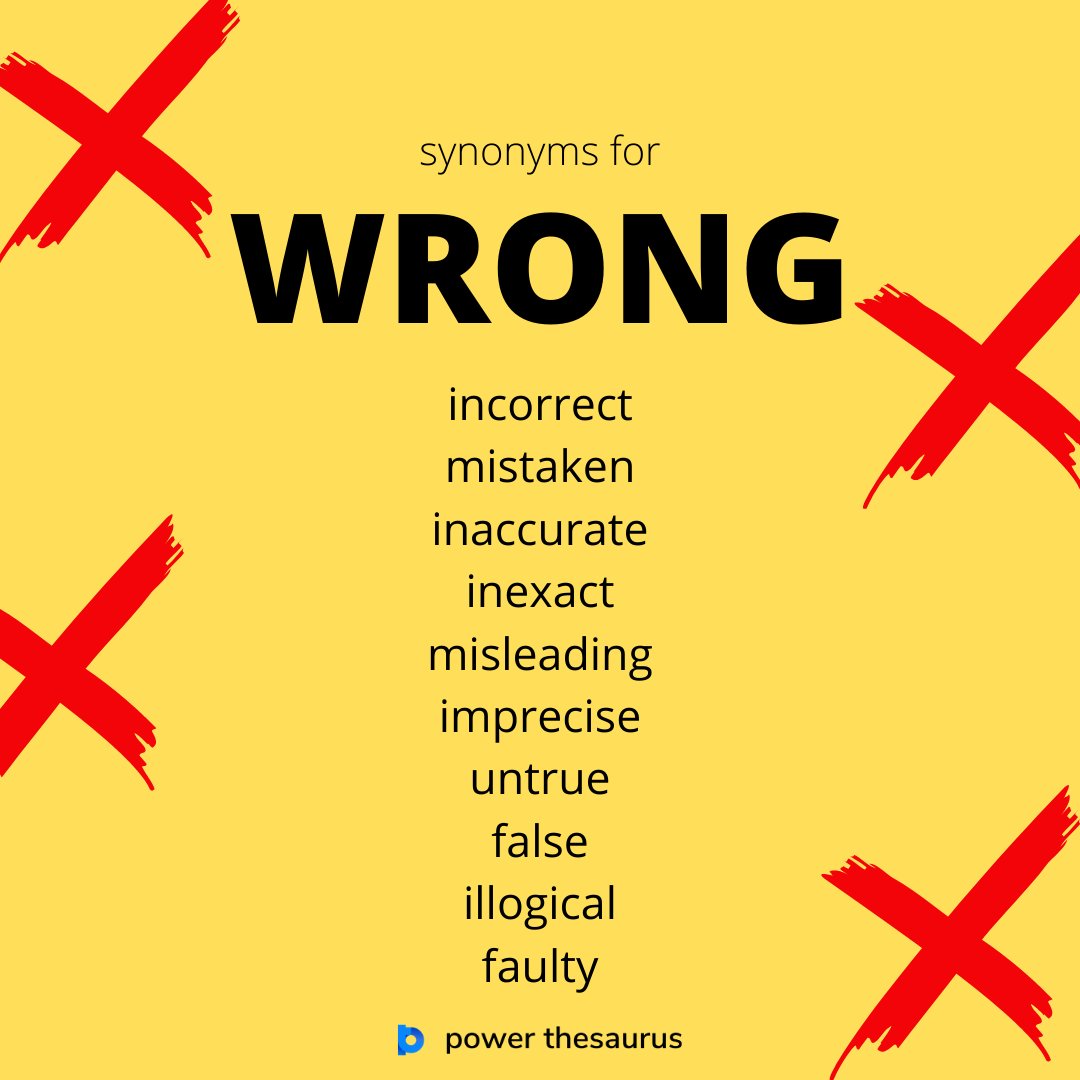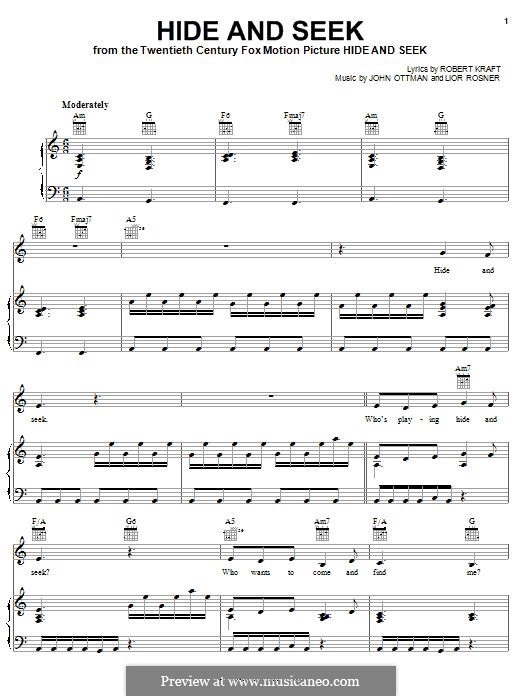PDF] Near-Synonym Choice using a 5-gram Language Model
Por um escritor misterioso
Descrição
An unsupervised statistical method for automatic choice of near-synonyms is presented and compared to the stateof-the-art and it is shown that this method outperforms two previous methods on the same task. In this work, an unsupervised statistical method for automatic choice of near-synonyms is presented and compared to the stateof-the-art. We use a 5-gram language model built from the Google Web 1T data set. The proposed method works automatically, does not require any human-annotated knowledge resources (e.g., ontologies) and can be applied to different languages. Our evaluation experiments show that this method outperforms two previous methods on the same task. We also show that our proposed unsupervised method is comparable to a supervised method on the same task. This work is applicable to an intelligent thesaurus, machine translation, and natural language generation.
![PDF] Near-Synonym Choice using a 5-gram Language Model](https://miro.medium.com/v2/resize:fit:2000/1*18EkY0h4ges37_LVRD--ZQ.png)
N-gram language models. Part 2: Higher n-gram models, by Khanh Nguyen, MTI Technology
![PDF] Near-Synonym Choice using a 5-gram Language Model](https://venngage-wordpress.s3.amazonaws.com/uploads/2022/05/Decision-Tree-Analysis-Examples-and-How-to-Use-Them.png)
Decision Tree Analysis Examples and How to Use Them - Venngage
![PDF] Near-Synonym Choice using a 5-gram Language Model](https://media.springernature.com/lw685/springer-static/image/chp%3A10.1007%2F978-981-99-1999-4_2/MediaObjects/533412_1_En_2_Fig1_HTML.png)
N-Gram Language Model
![PDF] Near-Synonym Choice using a 5-gram Language Model](https://ars.els-cdn.com/content/image/3-s2.0-B9780123735911500024-f02-02-9780123735911.jpg)
n-gram language model - an overview
![PDF] Near-Synonym Choice using a 5-gram Language Model](https://www.pnas.org/cms/asset/b7a58b9f-c5f3-4c4f-9708-c9ec093d8919/keyimage.jpg)
One model for the learning of language
![PDF] Near-Synonym Choice using a 5-gram Language Model](https://media.springernature.com/lw685/springer-static/image/art%3A10.1038%2Fs41467-023-41698-5/MediaObjects/41467_2023_41698_Fig1_HTML.png)
Retrosynthesis prediction with an interpretable deep-learning framework based on molecular assembly tasks
![PDF] Near-Synonym Choice using a 5-gram Language Model](https://upload.wikimedia.org/wikipedia/commons/thumb/b/be/LARGER_FONT_VERSION_Six_n-grams_frequently_found_in_titles_of_publications_about_Coronavirus_disease_2019%2C_as_of_7_May_2020.svg/1200px-LARGER_FONT_VERSION_Six_n-grams_frequently_found_in_titles_of_publications_about_Coronavirus_disease_2019%2C_as_of_7_May_2020.svg.png)
n-gram - Wikipedia
![PDF] Near-Synonym Choice using a 5-gram Language Model](https://miro.medium.com/v2/resize:fit:1358/1*qC-KFHQLToPASxawmUPWLQ.png)
Language Model Concept behind Word Suggestion Feature, by Vitou Phy
![PDF] Near-Synonym Choice using a 5-gram Language Model](https://media.springernature.com/lw685/springer-static/image/chp%3A10.1007%2F978-981-99-1999-4_2/MediaObjects/533412_1_En_2_Fig5_HTML.png)
N-Gram Language Model
N-Grams and Language Modeling - ppt download
![PDF] Near-Synonym Choice using a 5-gram Language Model](https://www.kdnuggets.com/wp-content/uploads/agarwal_ngram_language_modeling_natural_language_processing_2.png)
N-gram Language Modeling in Natural Language Processing - KDnuggets
![PDF] Near-Synonym Choice using a 5-gram Language Model](https://public-images.interaction-design.org/literature/articles/heros/article_130798_hero_6284cbba0530b4.18444542.jpg)
The 5 Stages in the Design Thinking Process
de
por adulto (o preço varia de acordo com o tamanho do grupo)







